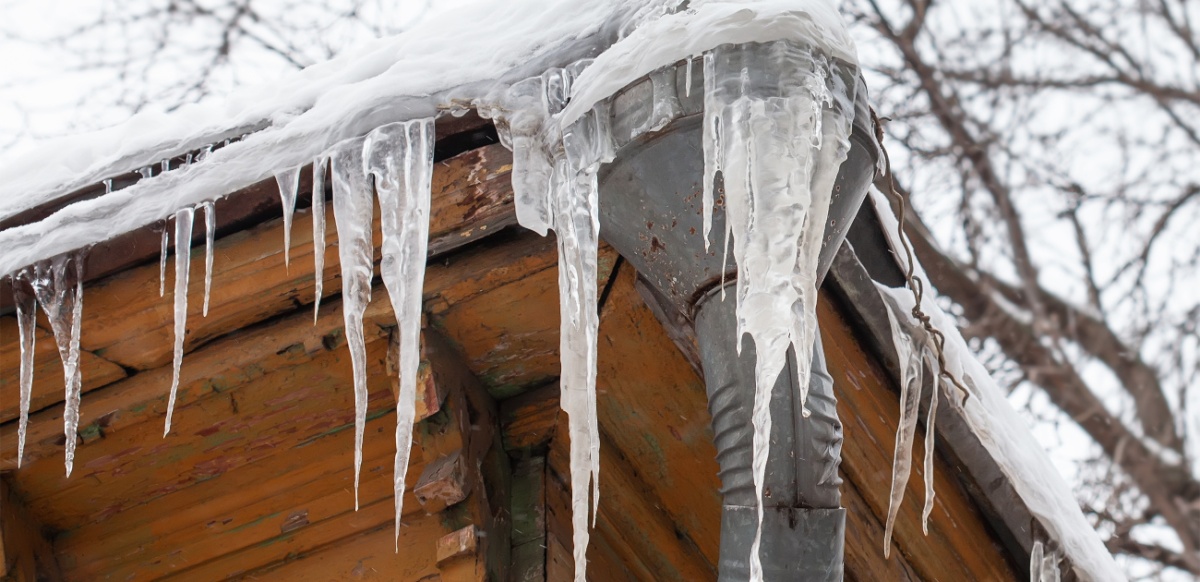Almost everyone will have their personal theory about Preventing and dealing with frozen pipes.

Winter can damage your plumbing, specifically by freezing pipes. Here's how to avoid it from occurring and what to do if it does.
Intro
As temperature levels decline, the threat of icy pipelines rises, possibly resulting in expensive fixings and water damages. Understanding how to avoid icy pipelines is important for property owners in cool climates.
Understanding Icy Pipelines
What creates pipelines to freeze?
Pipes freeze when revealed to temperature levels listed below 32 ° F (0 ° C) for extended periods. As water inside the pipelines ices up, it expands, putting pressure on the pipe walls and potentially creating them to rupture.
Dangers and problems
Icy pipelines can result in supply of water disruptions, property damage, and pricey repairs. Burst pipelines can flood homes and cause comprehensive structural damage.
Indications of Frozen Water Lines
Identifying icy pipes early can stop them from rupturing.
How to identify icy pipes
Look for lowered water flow from faucets, unusual odors or sounds from pipes, and noticeable frost on exposed pipelines.
Avoidance Tips
Shielding susceptible pipes
Cover pipes in insulation sleeves or utilize warmth tape to protect them from freezing temperature levels. Focus on pipelines in unheated or outside locations of the home.
Heating methods
Keep interior rooms sufficiently heated up, particularly locations with plumbing. Open up cabinet doors to allow cozy air to flow around pipes under sinks.
Securing Outdoor Plumbing
Garden hose pipes and exterior faucets
Disconnect and drain pipes yard hoses prior to winter months. Install frost-proof spigots or cover exterior faucets with insulated caps.
What to Do If Your Pipes Freeze
Immediate actions to take
If you presume icy pipes, maintain faucets available to relieve pressure as the ice melts. Make use of a hairdryer or towels taken in warm water to thaw pipes slowly.
Long-Term Solutions
Structural modifications
Take into consideration rerouting pipes far from outside walls or unheated locations. Add additional insulation to attics, cellars, and crawl spaces.
Upgrading insulation
Purchase top quality insulation for pipes, attic rooms, and wall surfaces. Proper insulation aids keep constant temperatures and lowers the threat of icy pipelines.
Conclusion
Preventing icy pipes needs positive procedures and fast responses. By recognizing the causes, signs, and preventive measures, house owners can protect their pipes during cold weather.
Helpful Tips to Prevent Frozen Pipes this Winter
UNDERSTANDING THE BASICS: WHY PIPES FREEZE AND WHY IT’S A PROBLEM
Water freezing inside pipes is common during the winter months, but understanding why pipes freeze, and the potential problems it can cause is crucial in preventing such incidents. This section will delve into the basics of why pipes freeze and the associated problems that may arise.
THE SCIENCE BEHIND FROZEN PIPES
When water reaches freezing temperatures, it undergoes a physical transformation and solidifies into ice. This expansion of water as it freezes is the primary reason pipes can burst. As the water inside the pipe freezes, it expands, creating immense pressure on the walls. If the pressure becomes too great, the pipe can crack or rupture, leading to leaks and water damage.
FACTORS THAT CONTRIBUTE TO PIPE FREEZING
- Low Temperatures: Extremely cold weather, especially below freezing, increases the risk of pipes freezing.
- Uninsulated or Poorly Insulated Pipes: Pipes located in unheated areas, such as basements, crawl spaces, or attics, are more prone to freezing. Insufficient insulation or lack of insulation altogether exacerbates the problem.
- Exterior Wall Exposure: Pipes running along exterior walls are susceptible to freezing as they encounter colder temperatures outside.
- Lack of Heating or Temperature Regulation: Inadequate heating or inconsistent temperature control in your home can contribute to frozen pipes.
PROBLEMS CAUSED BY FROZEN PIPES
WHY CERTAIN PIPES ARE MORE PRONE TO FREEZING
- Pipe Bursting: As mentioned earlier, the expansion of water as it freezes can cause pipes to burst, resulting in significant water damage.
- Water Damage: When pipes burst, it can lead to flooding and water damage to your property, including walls, ceilings, flooring, and personal belongings.
- Structural Damage: Prolonged exposure to water from burst pipes can compromise the structural integrity of your home, leading to costly repairs.
- Mold and Mildew Growth: Excess moisture from water damage can create a favorable environment for mold and mildew growth, posing health risks to occupants.
- Disrupted Water Supply: Frozen pipes can also result in a complete or partial loss of water supply until the issue is resolved.
https://busybusy.com/blog/helpful-tips-to-prevent-frozen-pipes-this-winter/
- Location: Pipes located in unheated or poorly insulated areas, such as basements, crawl spaces, attics, or exterior walls, are at higher risk of freezing.
- Exterior Pipes: Outdoor pipes, such as those used for irrigation or exposed plumbing, are particularly vulnerable to freezing as they are directly exposed to the elements.
- Supply Lines: Pipes that carry water from the main water supply into your home, including the main water line, are critical to protect as freezing in these lines can affect your entire plumbing system.
- Underground Pipes: Pipes buried underground, such as those connected to sprinkler systems or outdoor faucets, can be susceptible to freezing if not properly insulated.

We were made aware of that report on How To Avoid Freezing Pipes from a pal on our other web property. Are you aware of another person who is occupied with the subject? Be sure promote it. Many thanks for being here. Return soon.
Click Here
Comments on “Advice for Preventing Frozen Pipes in Winter: Professional Advice”